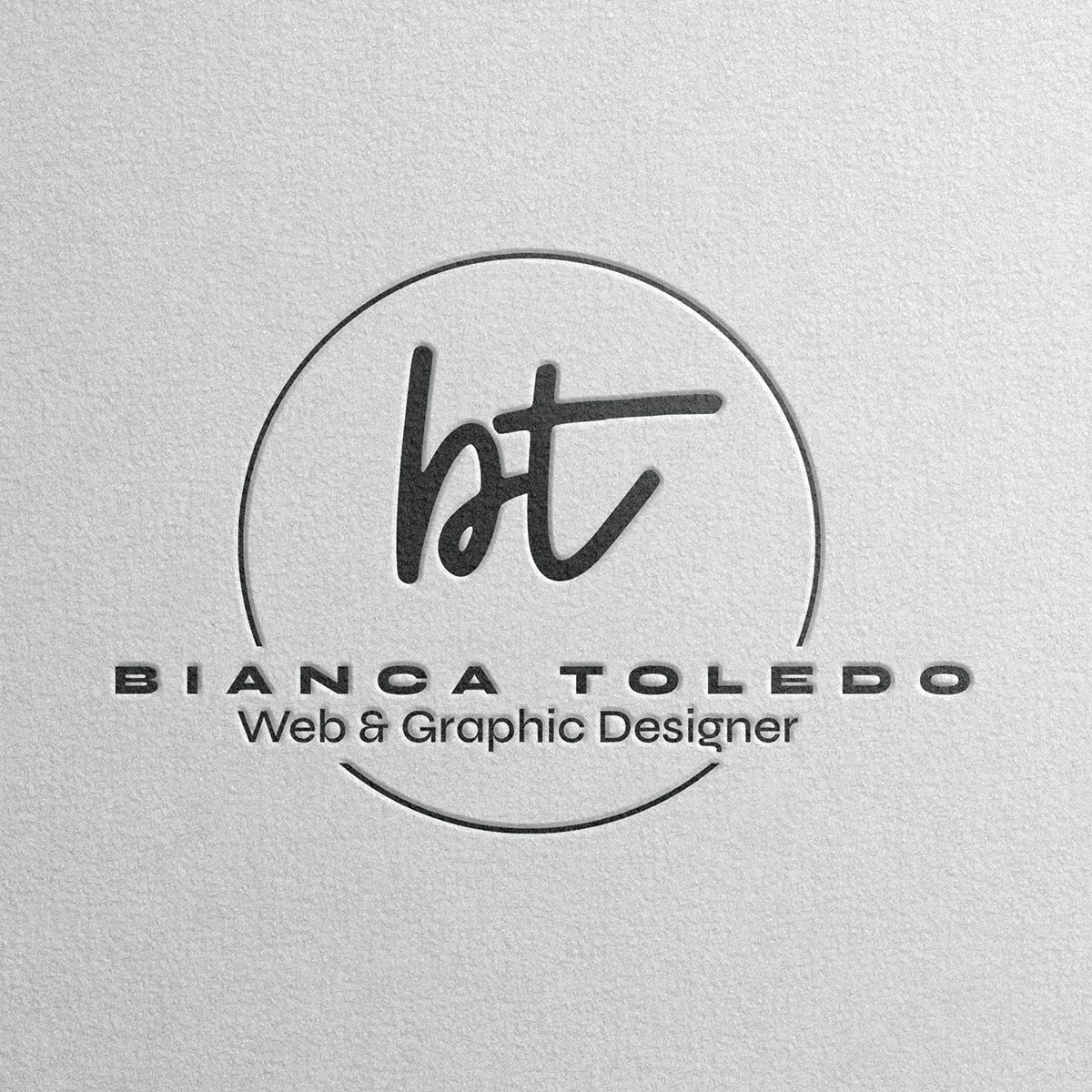Having a logo might not seem like a top priority when you’re thinking about all the elements that go into starting a business.
A small voice in the back of your head is suggesting that perhaps you don’t even need a logo.
That voice couldn’t be more mistaken. Having a logo is a crucial component of building a successful business.
So why is a logo important? Because it attracts attention, leaves a good first impression, forms the basis of your brand identity, is memorable, distinguishes you from competitors, encourages brand loyalty, and is anticipated by your target audience.
Below, we’ll look more closely at each of these aspects.
1. It’s an attention grabber
Nowadays, people’s attention spans are short, and businesses have only around 2 seconds to persuade potential clients that their items are worthwhile.
A company’s basic beliefs may be interestingly communicated through a logo, which can rapidly capture visitors’ attention. If you have a strong logo to represent your business, that short attention span—you know, the one that makes customers assess your business and services -can work to your benefit.
2.You only have ONE chance to make a good impression
The first thing that people see about a business is its logo. If it is well-designed, it may capture the public’s attention and urge them to discover more about the firm; if not, you’ve just turned off a prospective clientele and effectively destroyed your business.
(I’m exaggerating, but hear me out)
Your initial impression is your opportunity to express rightful ownership of the product(s) you offer or the market segment you control. Your firm and niche is immediately established by your logo as a leader in your professional field.
3. Connects your audience at an emotional level
Although a company’s logo is only one aspect of its brand, it forms the basis for the complete story that the brand is based on. The story you’re attempting to tell will dictate the colors, tones, and typefaces you use, and your logo sets the scene for this story. Later, these components will appear in all of your branding products, including letterheads, business cards, landing pages, and more, establishing a clear, marketable brand identity.
Customers use logos as a point of identification; they use them as a sign to recognize your brand. In an ideal world, you want people to immediately associate your company’s logo with memories of what it does and, more importantly, how it makes them feel. Because a good logo is a visually appealing aspect, it helps people remember your brand in a favorable way that the name of your business would not.
In addition, some of your audience may forget the name of your company, but they will instantly connect your logo with their recollections of your brand.
4. It Sets You Apart From the Competition
Dare to be distinctive with your logo since it communicates to customers what makes your company special. There may be 50 clothing stores in your city, but only yours is dedicated to a certain demographic (plus sizes, for example) ; by using the perfect image or appropriate typeface, a well-designed corporate logo may convey anything from the firm’s background (inclusiveness) and its main objective (innovation, fashion-forwardness etc.). In other words, your logo is a platform for expressing your principles and demonstrating to them why you’re better than your competition.
5. Customers expect a logo, and consistency.
As your brand develops, a variety of consumers will get more familiar with your logo, and this familiarity fosters the idea that you’re dependable and approachable. Consider this: If you’re out looking for fitness attire and you see a pair of Nike swoosh-branded track trousers, you’re immediately eager to buy. Why? As Nike is a name you trust, you may feel comfortable wearing Nike products. A strong logo establishes trust, and brand loyalty soon follows.
If they’ve come to trust you, your clients will keep coming back for more, and they’ll start by looking for your logo.

